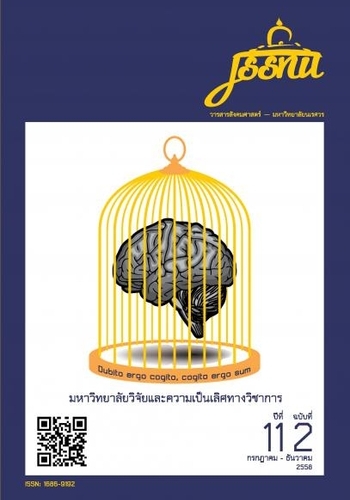Public Diplomacy: A Preliminary Assessment
Main Article Content
Abstract
Public diplomacy has become increasingly significant in the contemporary era. The targets of public diplomacy are not constrained to only foreign diplomats and government officials but also non-state actors including the general public in foreign countries. Moreover, actors involved in conducting public diplomacy also include non-state actors such as civil society organisations and ordinary citizens, which means anybody can be a diplomat representing their countries. This article also argues that public diplomacy is a useful strategy in two perspectives. Firstly, as international relations and foreign policy has been more democratised, it has become more significant for a state to be able to convince the general public in foreign countries through executing public diplomacy to support its foreign policy. Secondly, states ranging from superpowers, middle powers to small powers, can conduct public diplomacy to enhance their “soft power”. However, public diplomacy also has some limitations which needed to be taken into account. The first limitation is that as public diplomacy involves numerous actors in societies who are not well-trained diplomats, their inappropriate behaviours are difficult to be controlled. If other actors behave inappropriately, the image and reputation could be undermined. The second limitation is that public diplomacy cannot deal with immediate threats such as military attacks by other states. Moreover, there are some issues such as territorial disputes which require historical and technical knowledge of professional diplomats of two or more states to resolve.


